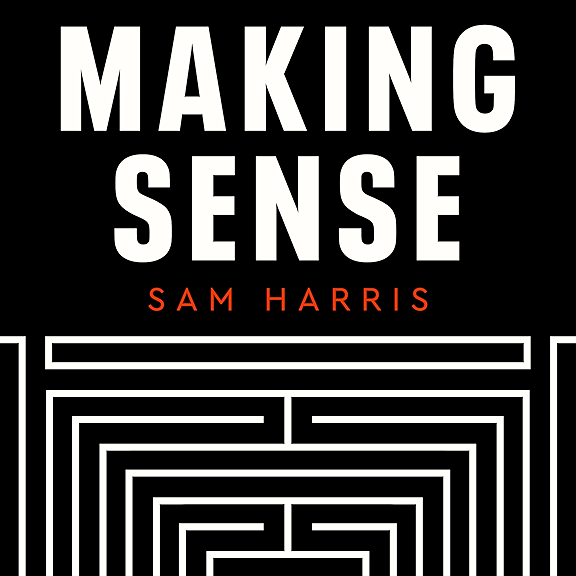
Part 1 - Tips and Tricks for Technical Writing
Ready to take your technical writing to the next level, but not sure where to start? Would you like to learn some tips to freshen up your writing approach? In this episode and the next we dive into some of our favorite tips and tricks for technical writing. Our guide through the next two episodes is Jennifer Petrie Signore, PhD. From the start of her graduate training, Jenn was focused on becoming the best and most versatile technical writer she possibly could be. In this short series, Jenn shares what she has learned throughout her 15+ years of technical writing experience. In this episode, we cover a wide range of topics, such as:
- Why you should always follow directions,
- The role and value of templates and rubrics,
- The importance of clarity, proper word choice, and succinctness, and
- How to get unstuck or overcome roadblocks when working on long, complex documents.
We cover a lot of information in this episode. If you miss something, we’ve summarized the key points below.
2:00 – Jennifer’s provides some background on her technical and scientific writing training and experience. Jamie and Jenn briefly discuss the importance of writing quality and skill in the technical disciplines and options for training.
10:00 – Are there any general misconceptions or mistakes you would like to address right out of the gate?
- Take time to learn about the purpose of the document and the audience.
- Understand and follow the directions or instructions assocaited with the document.
13:25 – Starting the process: how to use templates and instructions to create a strong foundation. Use the template to guide your writing. Make sure you follow the instructions and providing the information the reader is looking for.
19:25 – How to know how much detail to include? When is it time to “go down the rabbit hole?” When is it appropriate to provide a high-level summary? Look for rubrics and previous work. Don’t hesitate to reach out to the client or the audience.
- How much do they really need to know?
- How much do they want to know?
- How much do they already know?
- What is the scope of the document?
- Is the information still relevant to the document?
29:10 – The importance of clarity in technical writing. Tips and tricks for improving clarity.
- Avoid wordy sentences or flower-y language.
- Let the source documents dictate the content.
- Do not draw conclusions you cannot support with evidence.
- As yourself: “Is this still relevant?” “What does this add to the discussion?” “Is it necessary?”
37:40 – Jennifer’s tips for getting unstuck or moving through challenging sections. Leave yourself landmarks.
41:00 – Overall episode summary.
44:00 – What are we going to cover in part 2?




















